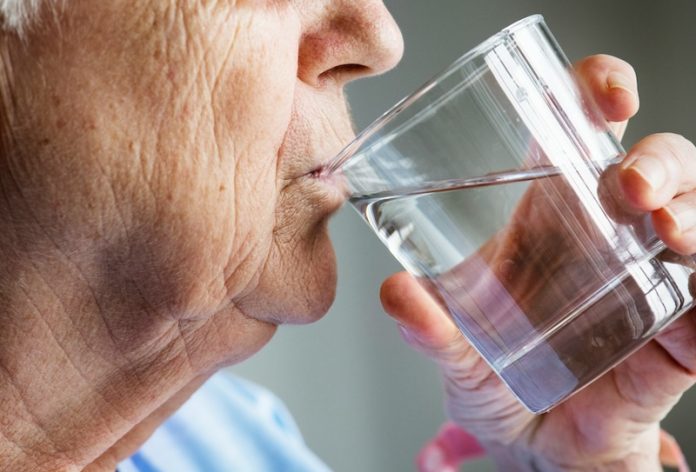
Millions of people take medications known as proton pump inhibitors (PPIs) to relieve heartburn, acid reflux, and related stomach issues.
These drugs—sold under familiar brand names like Prilosec, Nexium, and Prevacid—are widely used and often available over the counter. But new research suggests that long-term use may come with serious risks, especially for the kidneys.
A recent study led by researchers at the University of California San Diego has found a strong link between the use of PPIs and various forms of kidney damage. The team analyzed data from the FDA Adverse Event Reporting System (FAERS), a large database with over 10 million records of side effects reported by patients and doctors.
The study focused on a group of about 43,000 people who used only PPIs—meaning they weren’t taking any other medications. For comparison, the researchers used a control group of about 8,000 people who only took a different kind of heartburn medicine called histamine-2 receptor blockers (H2 blockers), such as Zantac or Pepcid.
The results were eye-opening.
People who took only PPIs were far more likely to report kidney-related problems. In fact, 5.6% of PPI users reported kidney issues, compared to just 0.7% in the H2 blocker group.
When the numbers were broken down further, the risks became even clearer:
- PPI users were 28.4 times more likely to report chronic kidney disease
- 4.2 times more likely to report acute kidney injury
- 35.5 times more likely to report end-stage renal disease
- 8 times more likely to report unspecified kidney impairment
The study also found that PPI users were more likely to experience electrolyte imbalances, which can affect heart rhythm, muscles, and other important body functions.
Interestingly, while the severity of some side effects varied slightly depending on which specific PPI was used, the increased risk to the kidneys was consistent across all five PPIs studied.
These findings are particularly concerning because PPIs are so widely used—about 1 in 10 American adults takes them. For many people, these drugs offer relief from painful symptoms that affect daily life.
The World Health Organizationrecognizes PPIs as essential for treating certain gastrointestinal conditions. However, this study adds to growing evidence that long-term or unnecessary use may be harmful.
The researchers, led by Dr. Ruben Abagyan, hope their work will raise awareness among healthcare professionals and patients. They recommend that doctors inform patients about these potential risks—especially those who already have kidney problems or are at higher risk—and that they monitor kidney health when prescribing PPIs long-term.
This is not the first time concerns have been raised about PPIs. A 2017 study from the same university also found evidence suggesting that PPIs might contribute to chronic liver disease in both mice and humans.
The takeaway? While PPIs are effective and often necessary for short-term use, they may not be the best choice for long-term treatment in all cases.
Patients and doctors should work together to find the safest options—perhaps considering alternative treatments like H2 blockers when appropriate—and to regularly review whether continued use of PPIs is still needed.
The full study was published in the journal Scientific Reports, and it adds to a growing call for more careful use of medications that, while helpful, may carry hidden risks.
If you care about kidney health, please read studies about how to protect your kidneys from diabetes, and drinking coffee could help reduce risk of kidney injury.
For more information about kidney health, please see recent studies about foods that may prevent recurrence of kidney stones, and eating nuts linked to lower risk of chronic kidney disease and death.
Copyright © 2025 Knowridge Science Report. All rights reserved.



